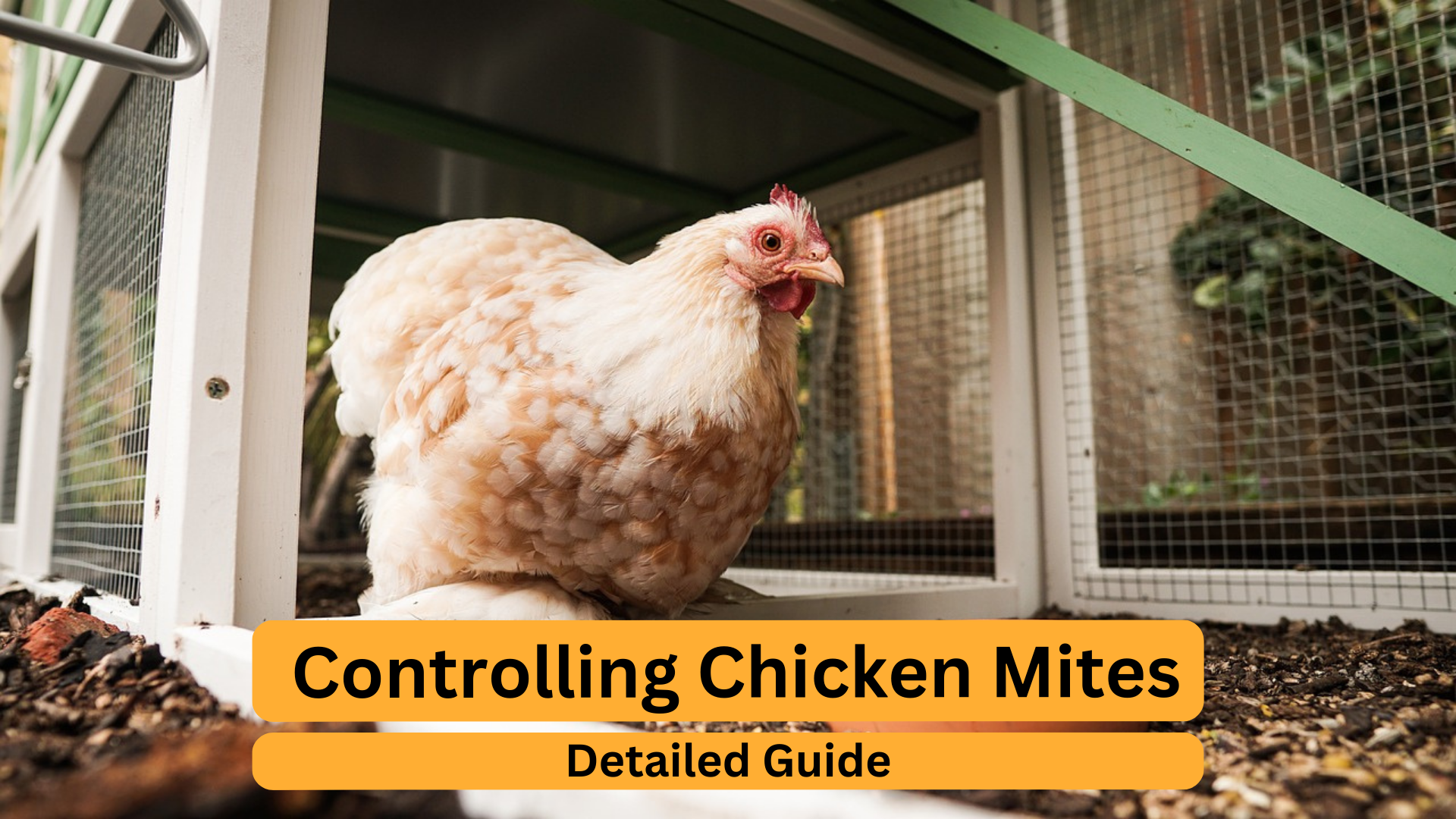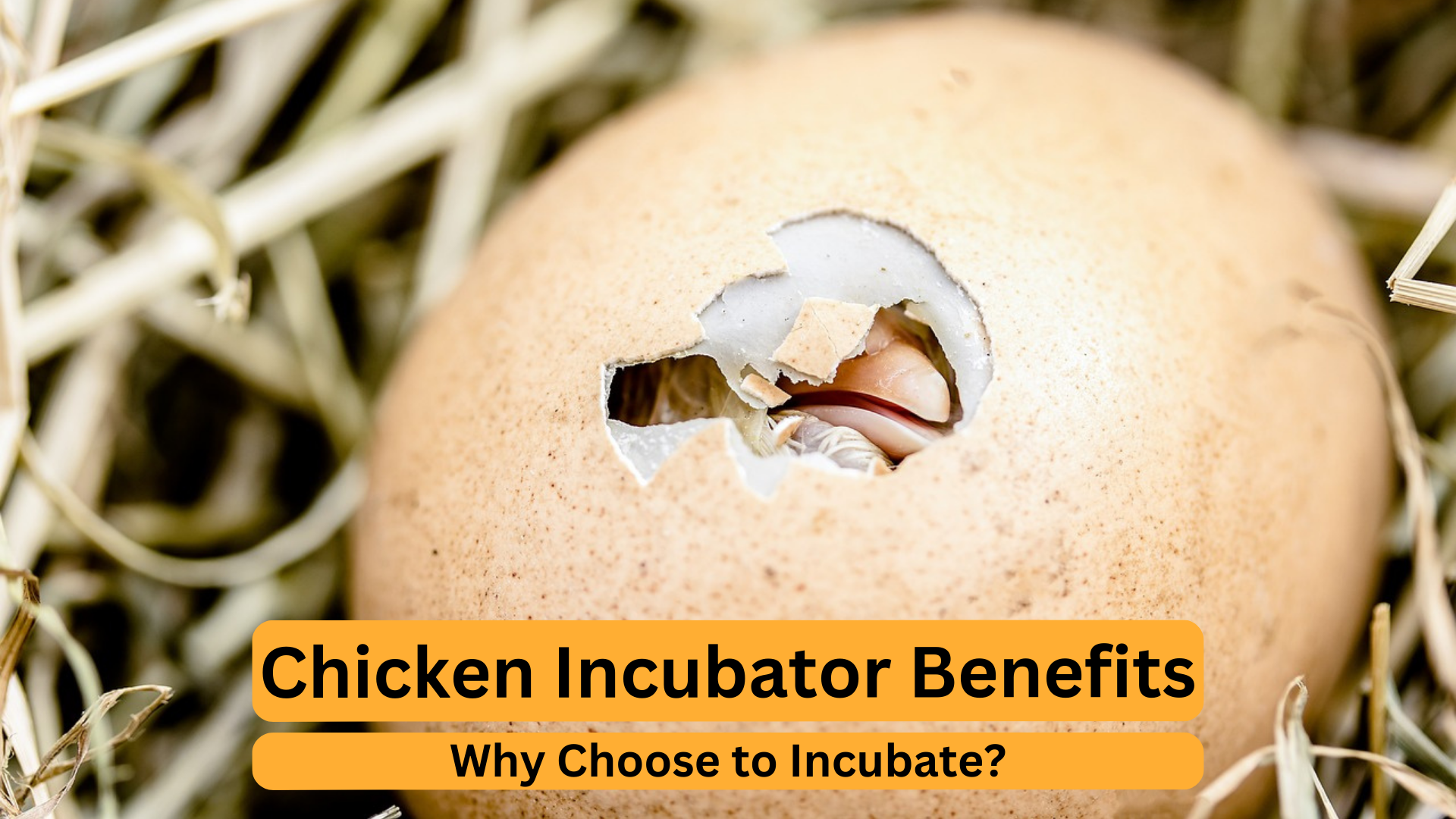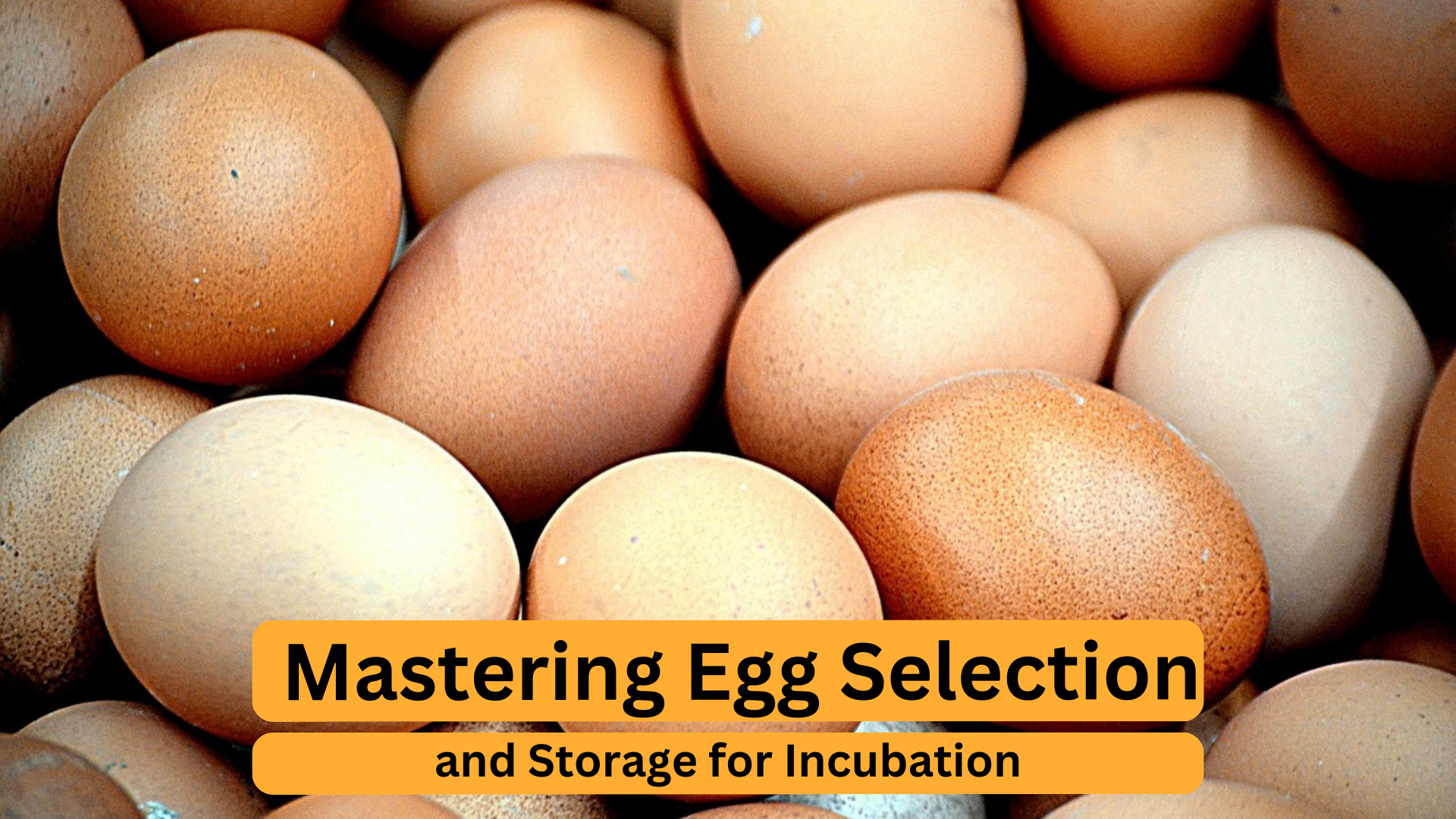Keeping Your Chickens Happy and Hydrated: Why a Quality Chicken Waterer is Essential
Introduction
Chicken keeping in Australia has become a popular hobby, offering both the joy of pet ownership and the practical benefit of fresh eggs. An essential aspect of chicken care is ensuring they have access to clean water. A quality chicken waterer plays a crucial role in this. This article delves into why proper hydration is vital for your feathered friends and how the right chicken waterer can make a difference.
The Importance of Hydration for Chickens
Chickens, like all animals, need consistent access to fresh water for their health and well-being. Water is crucial for regulating body temperature, aiding digestion, and facilitating egg production. Dehydration in chickens can lead to serious health issues, including reduced egg-laying capacity, increased susceptibility to disease, and in severe cases, death. Understanding the importance of hydration is the first step in providing optimal care for your chickens.
Common Issues with Traditional Watering Methods
Traditional chicken watering methods, such as open bowls or trays, can pose several problems. These methods often lead to water contamination from dirt, feed, or chicken droppings. Moreover, water can quickly evaporate in the Australian heat, or become too dirty or algae-infested, making it unsuitable for drinking. These issues highlight the need for a more efficient and hygienic watering solution.
Benefits of Using a Quality Chicken Waterer
A quality chicken waterer offers numerous benefits over traditional methods. These include reduced water wastage, consistent supply of clean water, and less time spent on daily maintenance. Many modern waterers are designed to prevent contamination and are durable enough to withstand the outdoor environment. This investment not only ensures the health of your chickens but also offers convenience for the chicken keeper.
Factors to Consider When Choosing a Chicken Waterer
When selecting a chicken waterer for your Australian coop, consider factors like capacity, material, ease of cleaning, and durability. The size of your flock will dictate the capacity needed. Choose materials that withstand weather conditions and are easy to clean to prevent algae growth and bacterial buildup. Opt for a design that limits the possibility of contamination and is easy to refill.
Types of Chicken Waterers Available in the Market
The Australian market offers a variety of chicken waterers, including nipple systems, automatic waterers, and gravity-fed models. Nipple systems provide water on demand, reducing spillage and contamination. Automatic waterers are connected to a continuous water source, ensuring a constant supply. Gravity-fed models are simple and effective, suitable for smaller flocks. Each type has its advantages, depending on your specific needs and coop setup.
How to Properly Maintain and Clean a Chicken Waterer
Regular maintenance of your chicken waterer is crucial. Clean it at least once a week, more frequently in hot weather or if it becomes dirty. Use a brush and mild detergent for thorough cleaning. Rinse well to remove any soap residue. Regular cleaning prevents algae growth and bacterial buildup, ensuring your chickens have access to clean water at all times.
Tips for Ensuring Optimal Hydration for Your Chickens
To ensure optimal hydration, place the waterer in a shaded area to keep the water cool. Monitor the water level daily, especially in hot weather, and refill as necessary. Consider having multiple waterers if you have a large flock to prevent overcrowding. In winter, check for ice formation and provide lukewarm water if temperatures drop significantly.
Conclusion
A quality chicken waterer is an essential investment for any chicken keeper in Australia. It ensures your chickens stay hydrated and healthy, which is vital for their overall well-being and egg production. By choosing the right waterer, maintaining it properly, and following best practices for hydration, you can keep your chickens happy and productive all year round.









